
It’s easy to become starstruck — overwhelmed and speechless in the presence of a famous actor or actress.
My Uncle Dick never did.
And he met plenty of movie stars.
For more than three decades during the Golden Age of Hollywood, he was a bellhop at the Roosevelt Hotel, the home and host to filmdom’s biggest and brightest.
Marilyn Monroe lived at the Roosevelt for a couple years. Errol Flynn made bootleg gin in a tub in the hotel barbershop. Montgomery Clift stayed there while filming From Here to Eternity, blowing a bugle in the hall as he rehearsed his lines.
Uncle Dick even lived across the street from a movie star — Kim Darby, who played the incorrigible Mattie Ross in True Grit, the original version that starred John Wayne and Glen Campbell, not the remake with Jeff Bridges.
“You can wave if you see her outside,” he told me when I visited him in Studio City, Calif., in the 1980s. “But don’t approach her. She’s very private.”
Newspaper reporters like me delight in discovery and revelation, in learning and then telling. Uncle Dick kept his bellhop’s discretion. Even in retirement, he never name-dropped about celebrities at the Roosevelt. He said only that, at the height, there was always a star arriving, always a commotion with news photographers outside on Hollywood Boulevard.
Growing up, I had no idea he lived at the elbow of fame. I knew only that Uncle Dick — actually my great-uncle, my grandmother’s brother — was absent. And that my grandmother missed him.
He had joined the Navy as a teenager in World War I, then landed somewhere in California. In the Depression he and my grandmother lost track of each other. That sounds impossible in this find-anyone internet age, but that 1930s upheaval drove people from jobs, cities, and situations, often in a hurry.
I was in high school when my mother and grandmother traveled to California to look for him in the 1970s. And not long out of college when my mom phoned: “Gram found her brother.”
In fact, it wasn’t so much that he had been found as he had revealed himself.
“This is something I’ve wanted to do for years,” he wrote to his sister just before Christmas 1982. “Why I didn’t is hard for me to explain. It was ‘tomorrow.’ Tomorrow went into weeks, months, then years. Many things have happened …”
A marriage had ended in divorce, a rare and shocking occurrence in the 1930s. He remarried, and his wife preferred they keep their lives in Los Angeles, not Trenton. Only weeks after her death, he wrote to my grandmother, and she immediately sent her phone number by telegram: “Letter received. Call collect.”
I don’t know what they said to each other during that first conversation after half a century apart, and did not think to ask. I was 23, starring in my own life story.
Uncle Dick quickly came East to visit, the first of several trips. They had eight years together. He died six months short of 90 in 1990, and my grandmother the next year at 85.
My memories of him shine during Oscar season, knowing that the first Academy Awards was held at the Roosevelt in 1929. After that, the ceremonies moved to other venues. On Sunday they’ll be broadcast from the Dolby Theatre and Union Station, and for some reason I’m thinking of my uncle even more this year. Maybe because of the separations imposed by the pandemic. Or that my children have grown to the same age as him when he left New Jersey — 19 when he crossed the equator aboard the USS Idaho in 1919.
Three years later he was working at the Bellevue Hotel in San Francisco, and not long after that selected to personally serve the most famous person on the planet, aviator Charles Lindbergh, who was coming to the hotel during the national celebration of his transatlantic flight.
The newspaper wrote it up under the headline, “Lindy bellhop is all excited,” praising my uncle as the “youthful captain of the bellboys.” He told the newspaper that if Lindbergh were to give him a tip, he would keep it as a souvenir.
Eight years later he moved to the Hollywood Plaza Hotel, just south of Hollywood and Vine in Los Angeles. He was in the press again, this time playing a bit part in a mystery. The chief stewardess of Western Air Express had failed to answer knocks on her locked hotel-room door, and my uncle was summoned with a key, revealing to all concerned that she was dead.
In 1939 he took a new job at the Roosevelt, and there he stayed, leaving only temporarily for a second Naval tour in World War II.
The hotel had opened in 1927, the creation of Charles Toberman, builder of the Hollywood Bowl, with financial backing from some of the film industry’s most powerful people: MGM cofounder Louis B. Mayer, Sid Grauman of Grauman’s Chinese Theatre, actors Mary Pickford and Douglas Fairbanks, who cofounded both United Artists and the Academy of Motion Picture Arts and Sciences.
The hotel was named for former President Theodore Roosevelt, though guests like Charlie Chaplin exceeded his popularity. Hemingway and Fitzgerald hung out at the in-house nightclub. Shirley Temple practiced her dancing on the stairs. Today it’s still a drop-by spot for stars, or was, before the pandemic changed the world.
A 1940s photo shows my uncle on the hotel sidewalk, palm trees lining the street. He looks strong, and busy, intent on keeping people and luggage moving. Later shots show stars under his feet — the popular Hollywood Walk of Fame arrived in 1960. His frame fills out as he nears retirement in 1969, nearly 70 years old.
“I don’t feel that we can ever do enough to express to you our gratitude for your many years of gracious and faithful service,” hotel general manager John Kirsch wrote to him. “Don’t forget us, Dick. You may be assured that we will never forget you.”
They did, of course.
Years after he was gone, The Inquirer sent me to Los Angeles to interview a star from Philadelphia, David Boreanaz, then the thirsty vampire of television’s Angel.
I checked into the Roosevelt, intending to interview all the staffers who knew my uncle, to capture the details of his life in Hollywood. I soon realized: Uncle Dick was remembered by exactly no one.
Only then did the math hit me. When I showed up, more than 30 years had passed since he retired. Anyone who worked with him was gone. Even the personnel and payroll records had been discarded.
It saddened me that a life spent showing Hollywood stars to their rooms had vanished from the space where it was lived. Still, it was gratifying to walk the halls that he walked, to stand in the lobby through which he passed dozens of times a day.
I did find one connection. Although hotel historian J.D. Kessler didn’t know my uncle, he mentally collected people whose first and last names were both first names, and he remembered my uncle’s name: Richard Brian.
Kessler also explained to me what everyone else already knew: The hotel was seriously haunted.
When he cut across the balcony, Kessler told me, he often noticed an indistinct shape at the corner of his eye. But when he turned to look, it disappeared. As best he could tell it was two people dancing, a couple whirling across the floor.
Hotels have their ghosts. And each of us our own. But I don’t see my uncle as indistinct, on the edge of my vision. I see him full-on, framed by absence and reunion, and by a life spent close to the movies, close to the stars adored by all those wonderful people out there in the dark.
"Hollywood" - Google News
April 25, 2021 at 04:00PM
https://ift.tt/32NNIl2
In the Hollywood hotel where the Oscars began, a bellhop’s life at the elbow of fame - The Philadelphia Inquirer
"Hollywood" - Google News
https://ift.tt/38iWBEK
https://ift.tt/3fdiOHW
Bagikan Berita Ini
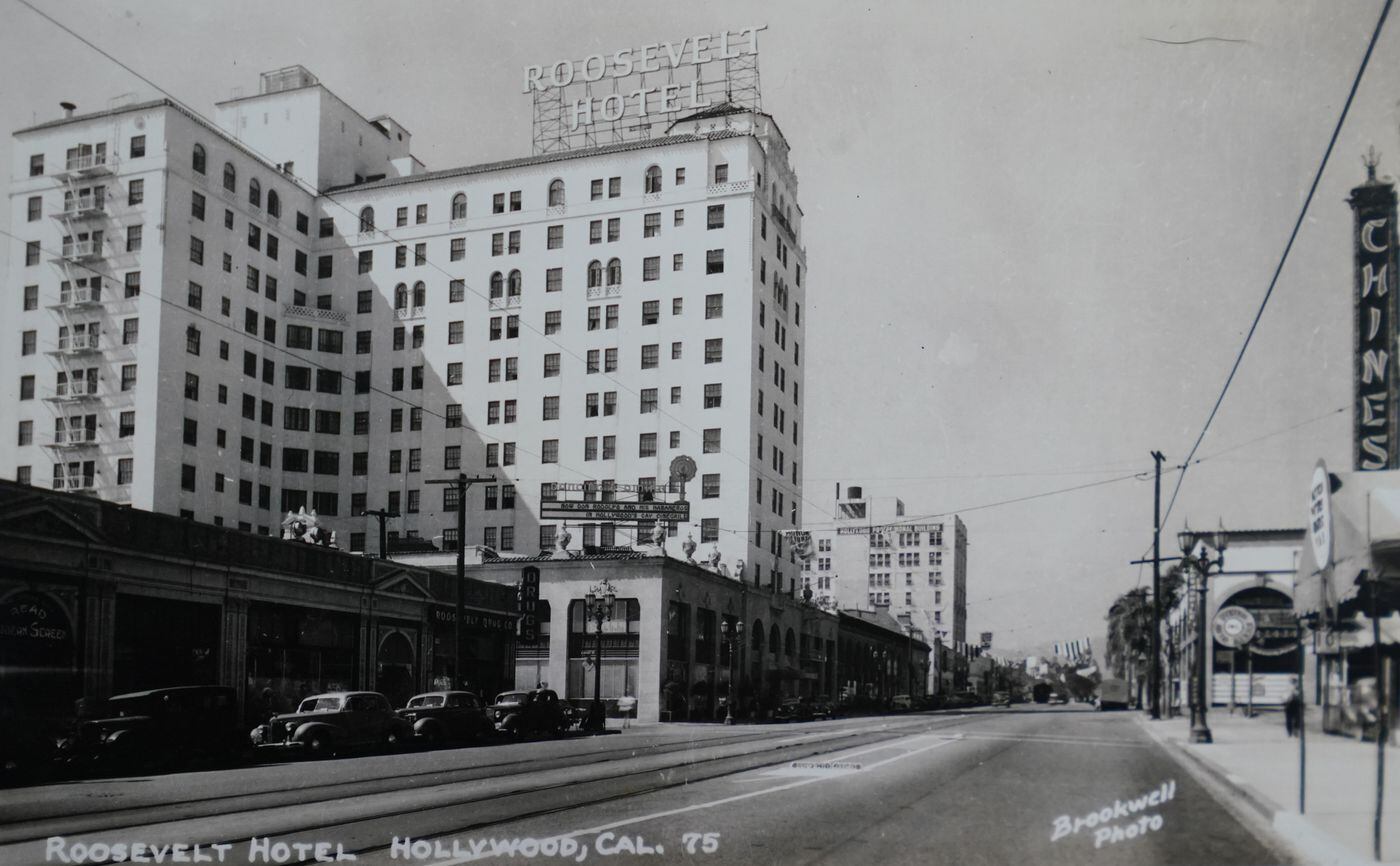
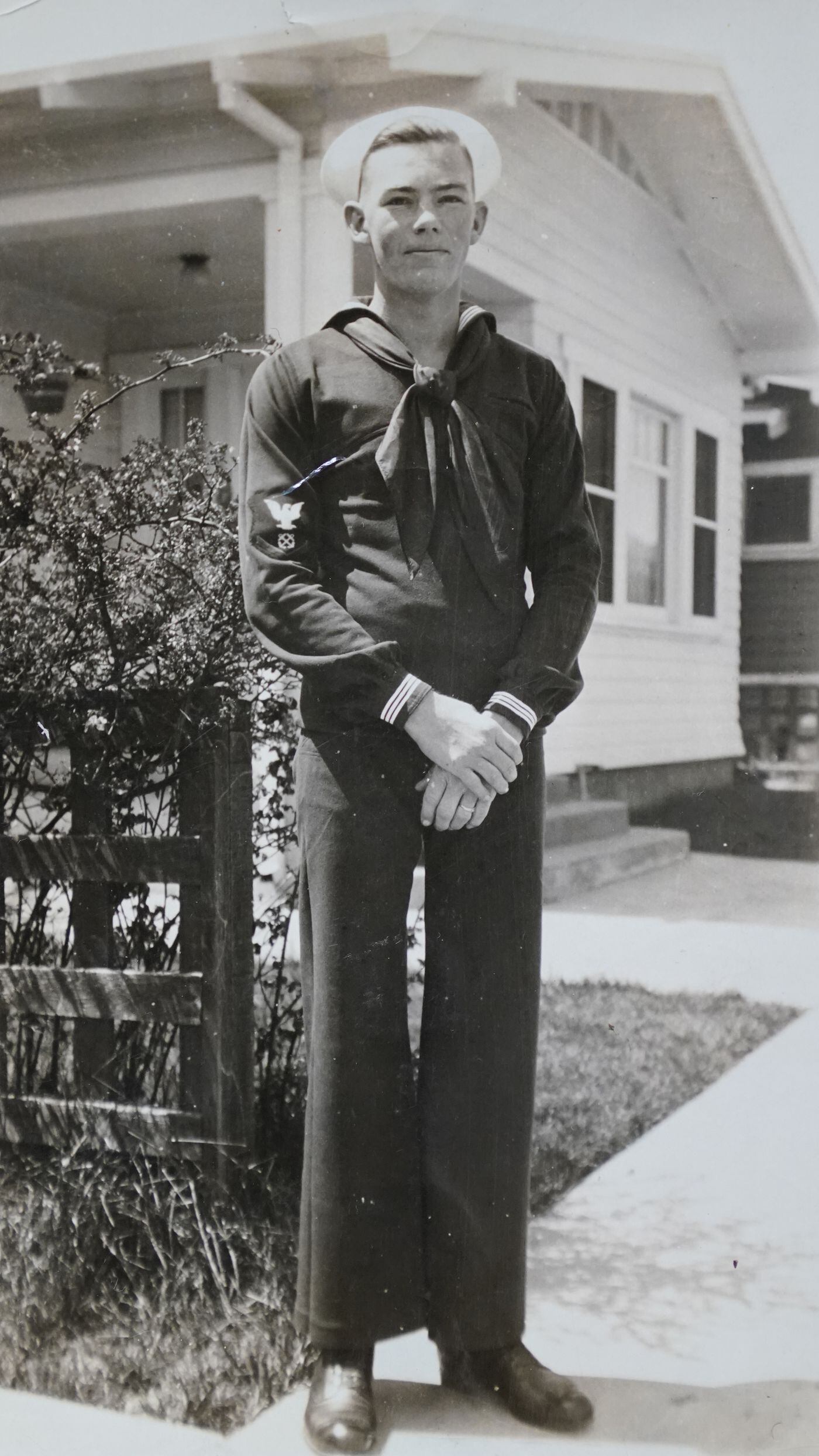
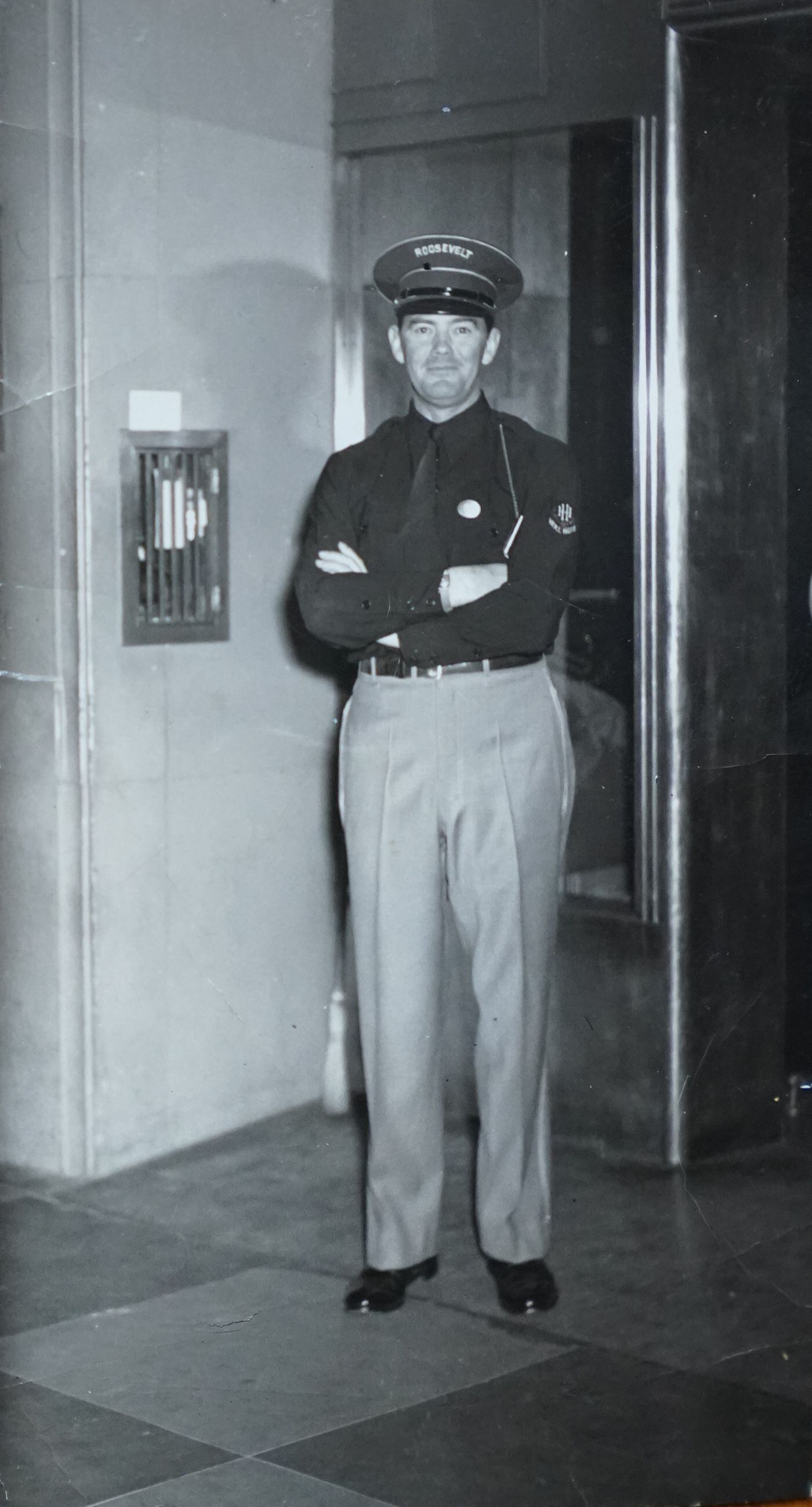
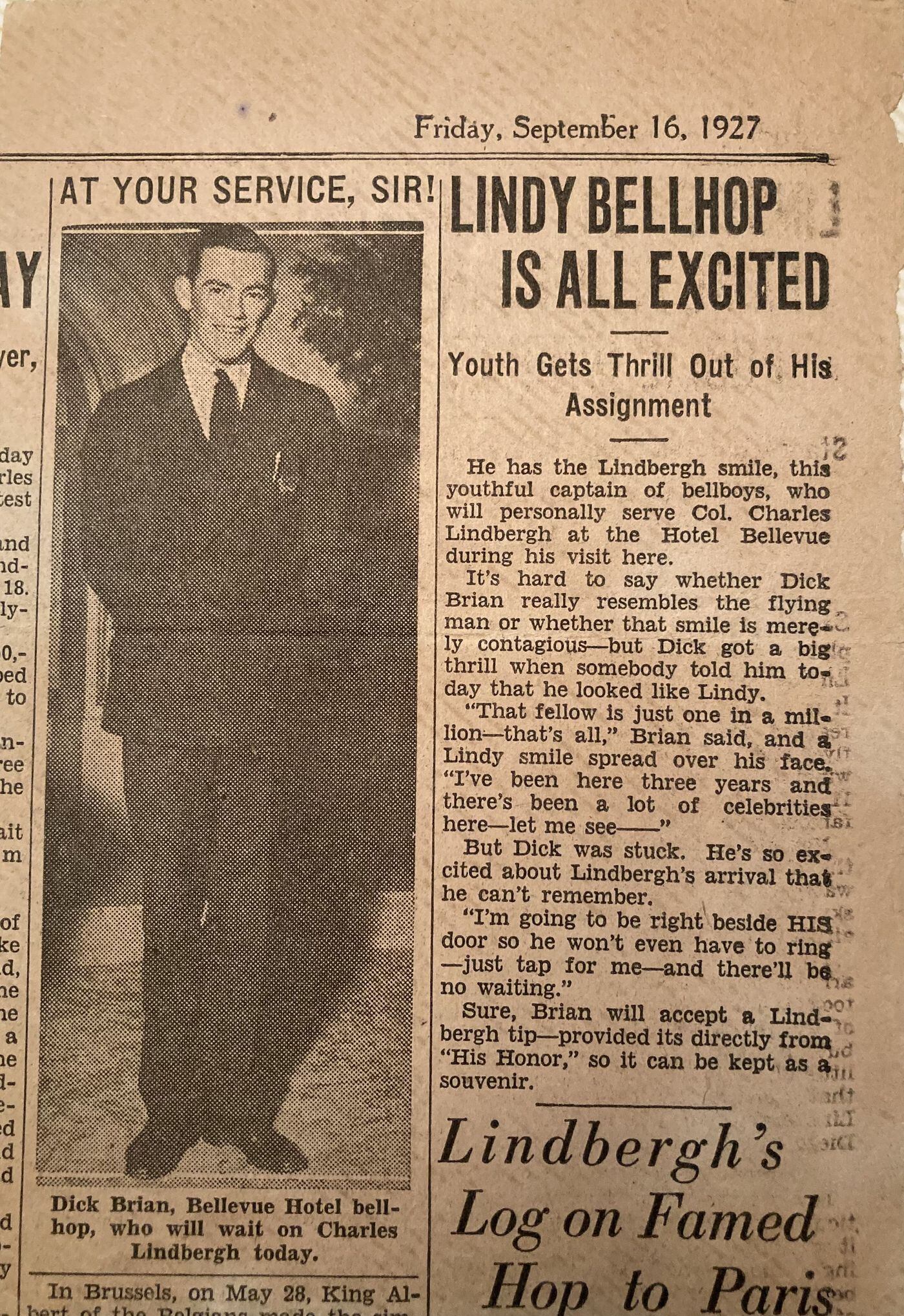
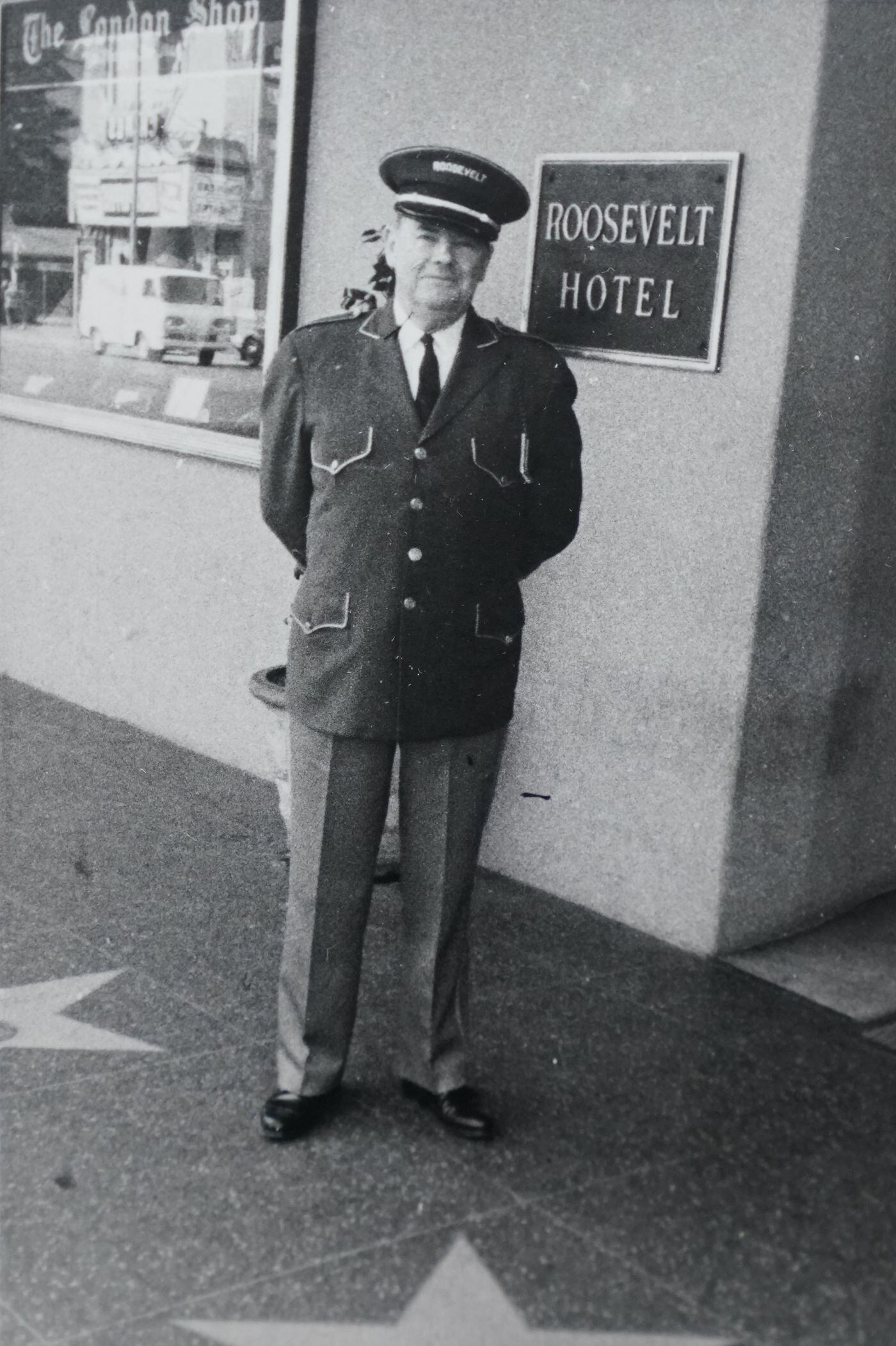
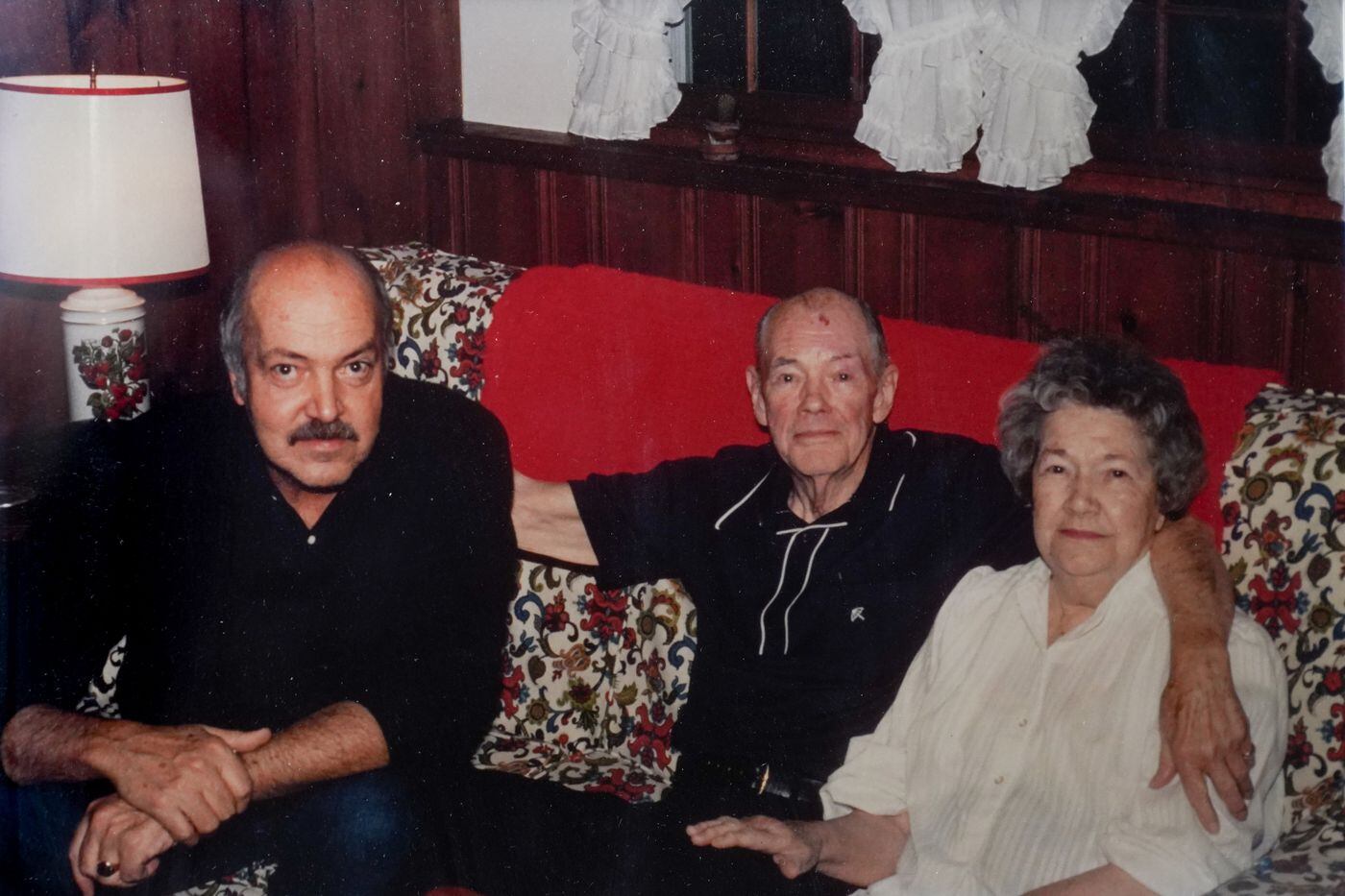














0 Response to "In the Hollywood hotel where the Oscars began, a bellhop’s life at the elbow of fame - The Philadelphia Inquirer"
Post a Comment